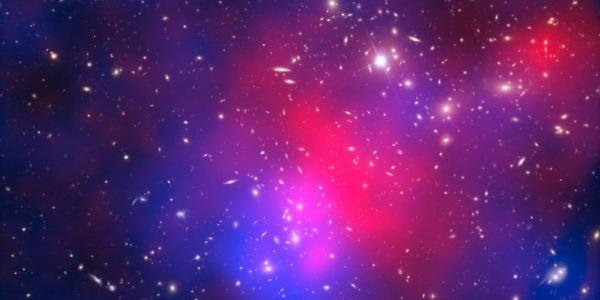Physics Theory Seminar with Ronen Weiss on Short-Range Expansion for the Quantum Many-Body Problem
An accurate description of short-range physics is one of the main challenges in the study of strongly interacting many-body quantum systems. In nuclear systems, short-range correlations (SRCs) have been studied extensively in the last decades using both large momentum transfer quasi-elastic reactions and ab-initio calculations. Nevertheless, there is still no systematic framework for describing SRCs and utilizing our experimental and theoretical knowledge of SRC properties for the description of more general observables that are affected by both long-range and short-range physics. In this talk I will present the Generalized Contact Formalism (GCF), an effective model for the description of SRCs. I will show how it captures quantitatively the impact of correlated pairs on different quantities, including coordinate-space and momentum-space distributions, spectral functions, and electron-scattering cross sections. I will also focus on recent developments, based on exact short-range expansion of the many-body wave function, introducing sub-leading terms and a clear power counting to the GCF. This extends the reach of the theory to larger distances and lower momenta and will allow systematic description of short-range physics. If time permits, I will also present first results regarding three-body correlations and calculations of neutrinoless double-beta decay matrix elements.

